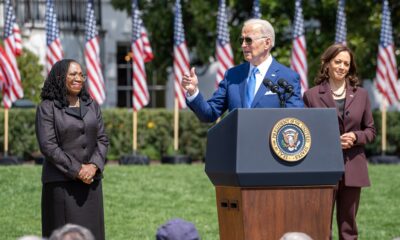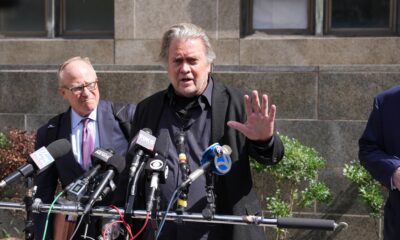Poland Says NATO Troops In Ukraine ‘Not Unthinkable’

On Friday, Poland’s Foreign Minister Radek Sikorski drew attention with a controversial observation during a conference commemorating 25 years of Poland’s membership in NATO. He said the potential for NATO forces to be deployed directly in Ukraine “is not unthinkable.”
Sikorski’s comments follow French President Emmanuel Macron’s statements last month, which did not dismiss the possibility of Western troops being deployed to Ukraine. Macron’s remarks initially brought a strong rebuke from most European diplomats and officials. However, it is now becoming more apparent that a NATO presence on the ground in Ukraine is gaining traction among growing factions within NATO.
The backdrop of this discourse is not merely political posturing but a reflection of the palpable tension and the grave stakes at play. Poland has a troubled history with Russia, especially during World War II and the Soviet era that followed during the Cold War. Many Polish hardliners maintain that defending Ukraine is not a matter of politics but is an existential fight for sovereignty for the former Soviet satellite.
Sikorski expanded on this sentiment during the Munich Security Conference. He discussed what he called an urgent need for additional military aid to Ukraine, and in particular referenced the “imbalance of military production capacity” between Ukraine and Russia.
Sikorski went on to level criticism at the current stalemate in the U.S. House of Representatives regarding new foreign aid to Ukraine. House Speaker Mike Johnson (R-LA) has so far remained faithful to his promise not to bring the latest measure for additional unaccountable taxpayer funding of the Ukrainian government to the House floor. Sikorski claimed that refusal to hand over another round of funding diminishes “America’s global credibility.”
Moreover, Sikorski’s perspective brings to the forefront the inherent dilemma that NATO and its allies face. The question isn’t just whether Ukraine can fend off Russian advances with additional weapons but whether the West, led by the United States, is willing to uphold the principles that have shaped the expansion of NATO eastward since the fall of the Soviet Union.
























